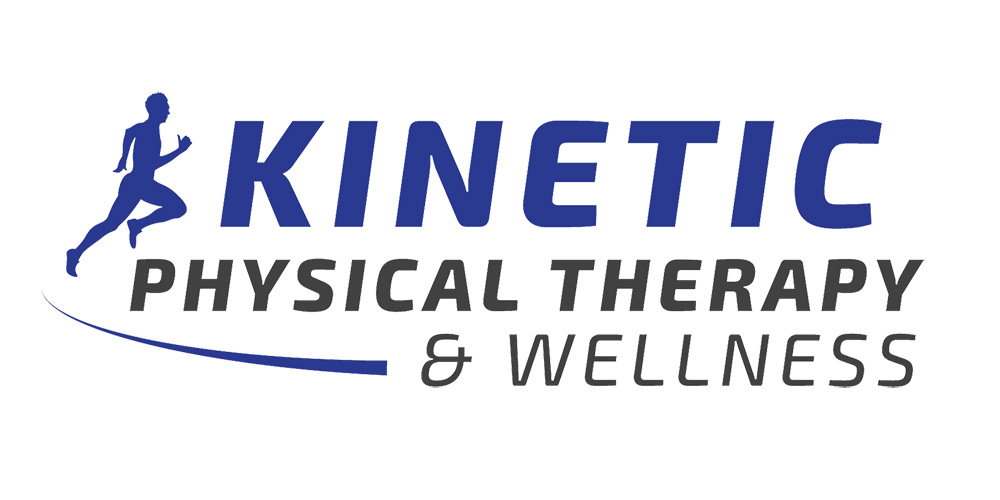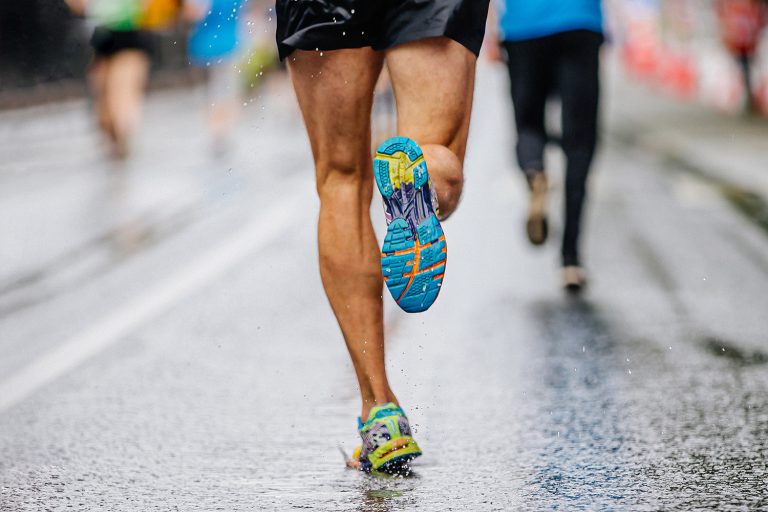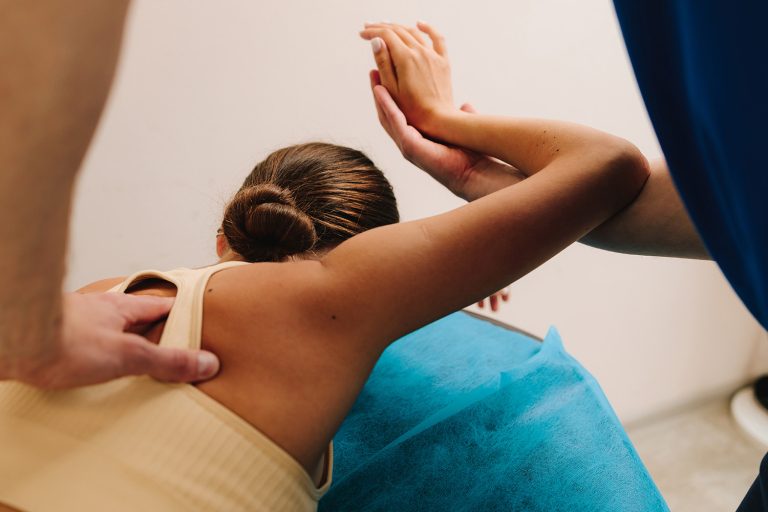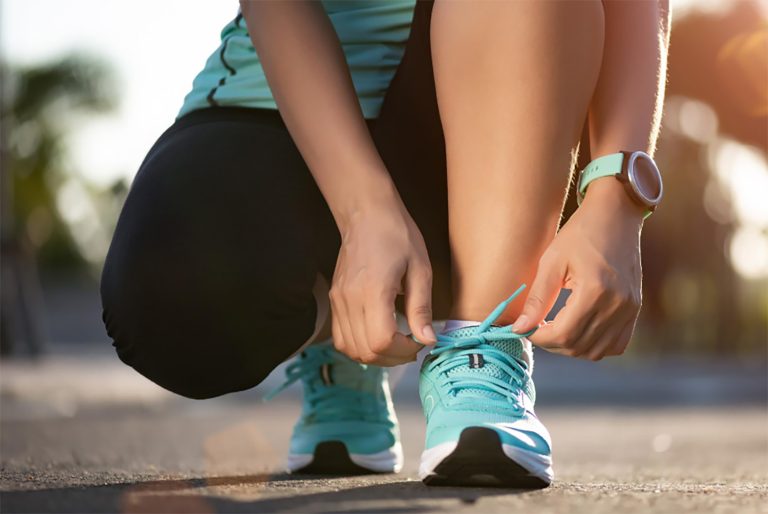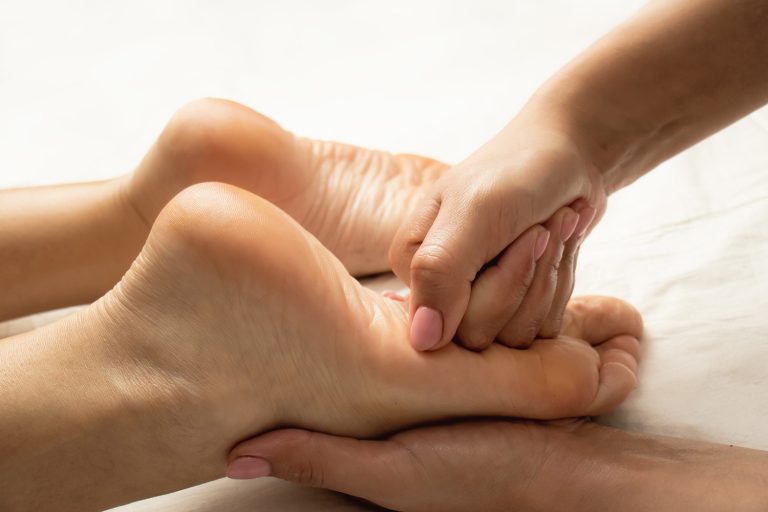

5 Running Mistakes to Avoid this 5K Season
It’s the season for weekend fun runs, charity 5Ks and multi-stage team relays. But as recreation and competitive runners hit the roads and trails to prepare for upcoming events remember that avoiding common early season training mistakes can keep runners healthy and competitive throughout the season.
This is an especially important message considering about 60 to 65 percent of all runners experience an injury during the average year.
Running injuries are common, especially early in the season when people are training and prepping for races by getting their bodies back into shape. Plantar fasciitis, Achilles problems, knee pain, IT band friction syndrome … these are all common running injuries, often caused this time of year by doing too much too soon, and doing so lacking proper strength, muscle timing, flexibility or form.
To help remain on schedule throughout the spring and summer outdoor season remember to avoid the following five running mistakes:
- Skipping Warmup and Cooldown: While workout windows can be tight and difficult to secure during a given week, don’t use time constraints as an excuse to avoid properly warming up and cooling down before and after a run. Some walking, light jogging, skipping, high knees and butt kicks prior to running increases heart rate and circulation, loosens up the joints and increases blood flow to the muscles. For your cooldown, do some light walking and stretching to help reduce the buildup of lactic acid, which can lead to stiffness and muscle cramps.
- Wearing the Wrong Shoes: How your feet strike the ground will affect muscles and joints throughout your body’s entire kinetic chain, from the feet and ankles, through the knees and hips, and up into your spine and torso. If your shoes don’t fit properly, support your feet correctly or sufficiently absorb the impact of each stride, you’re going to feel it. It’s important to not only wear a good, high-quality shoe, but also one that matches your foot type.
- Not Listening to the Body: Don’t subscribe to a “no pain, no gain” model when running. Sure, you’ll want to push your body hard, but if you feel pain or an unnatural level of discomfort or fatigue, stop, assess and seek treatment from a physical therapist or other medical professional, if necessary.
- Focusing Only on Cardio Fitness: With running, cardio fitness is certainly important. But when it comes to both injury prevention and performance enhancement, flexibility and strength are equally as vital. Stretch daily and during cooldown periods and build strength in your calves, knees, hips and core through heel drops and body weight squats.
- Forgetting to Rest: It’s good to push yourself, but rest and recovery are essential in avoiding injury, burnout and plateauing before you’ve reached your fullest potential. So always work rest into your long-term training regimen. This doesn’t mean just kicking up your feet and relaxing for a day. Sometimes, ‘rest’ can simply mean mixing up your training so you’re not challenging your body the same way every day.
To learn more about proper training, including personalized assessments and the development of training regimens that can enhance your running performance and ensure optimal injury prevention, feel free to contact the physical therapy team at Kinetic Physical Therapy & Wellness.
Please Share
categories
Recent Posts
categories

5 Running Mistakes to Avoid this 5K Season
It’s the season for weekend fun runs, charity 5Ks and multi-stage team relays. But as recreation and competitive runners hit the roads and trails to prepare for upcoming events remember that avoiding common early season training mistakes can keep runners healthy and competitive throughout the season.
This is an especially important message considering about 60 to 65 percent of all runners experience an injury during the average year.
Running injuries are common, especially early in the season when people are training and prepping for races by getting their bodies back into shape. Plantar fasciitis, Achilles problems, knee pain, IT band friction syndrome … these are all common running injuries, often caused this time of year by doing too much too soon, and doing so lacking proper strength, muscle timing, flexibility or form.
To help remain on schedule throughout the spring and summer outdoor season remember to avoid the following five running mistakes:
- Skipping Warmup and Cooldown: While workout windows can be tight and difficult to secure during a given week, don’t use time constraints as an excuse to avoid properly warming up and cooling down before and after a run. Some walking, light jogging, skipping, high knees and butt kicks prior to running increases heart rate and circulation, loosens up the joints and increases blood flow to the muscles. For your cooldown, do some light walking and stretching to help reduce the buildup of lactic acid, which can lead to stiffness and muscle cramps.
- Wearing the Wrong Shoes: How your feet strike the ground will affect muscles and joints throughout your body’s entire kinetic chain, from the feet and ankles, through the knees and hips, and up into your spine and torso. If your shoes don’t fit properly, support your feet correctly or sufficiently absorb the impact of each stride, you’re going to feel it. It’s important to not only wear a good, high-quality shoe, but also one that matches your foot type.
- Not Listening to the Body: Don’t subscribe to a “no pain, no gain” model when running. Sure, you’ll want to push your body hard, but if you feel pain or an unnatural level of discomfort or fatigue, stop, assess and seek treatment from a physical therapist or other medical professional, if necessary.
- Focusing Only on Cardio Fitness: With running, cardio fitness is certainly important. But when it comes to both injury prevention and performance enhancement, flexibility and strength are equally as vital. Stretch daily and during cooldown periods and build strength in your calves, knees, hips and core through heel drops and body weight squats.
- Forgetting to Rest: It’s good to push yourself, but rest and recovery are essential in avoiding injury, burnout and plateauing before you’ve reached your fullest potential. So always work rest into your long-term training regimen. This doesn’t mean just kicking up your feet and relaxing for a day. Sometimes, ‘rest’ can simply mean mixing up your training so you’re not challenging your body the same way every day.
To learn more about proper training, including personalized assessments and the development of training regimens that can enhance your running performance and ensure optimal injury prevention, feel free to contact the physical therapy team at Kinetic Physical Therapy & Wellness.
Please Share
